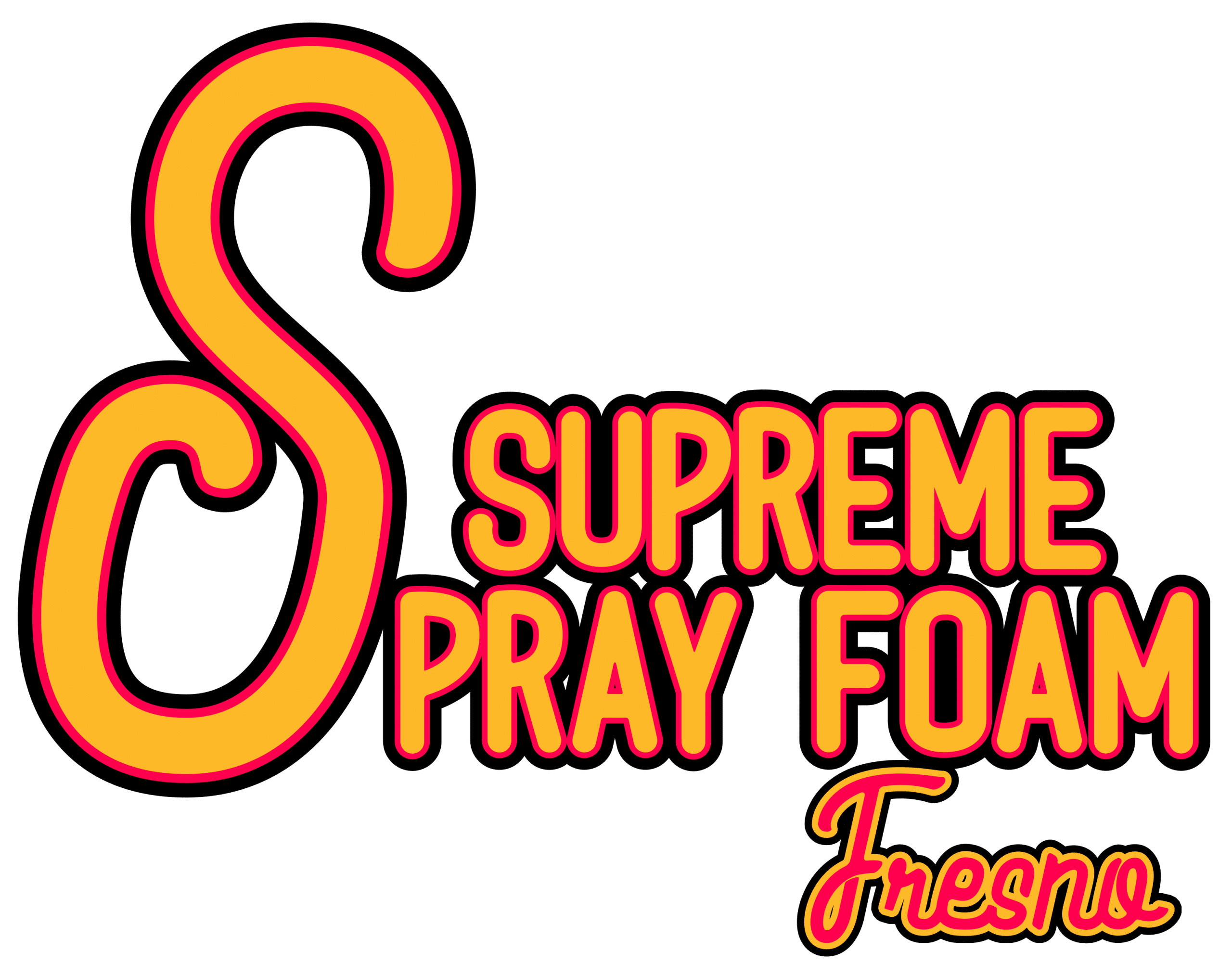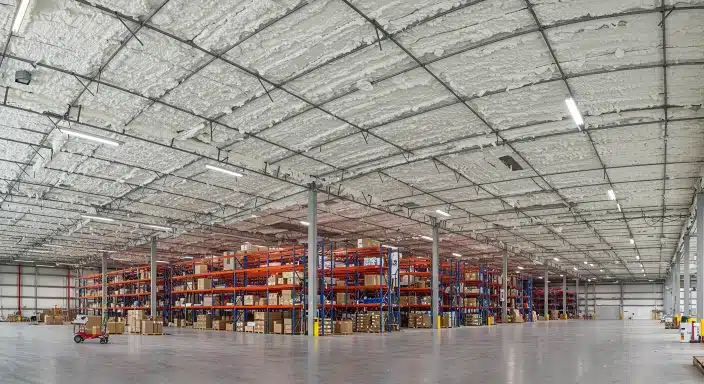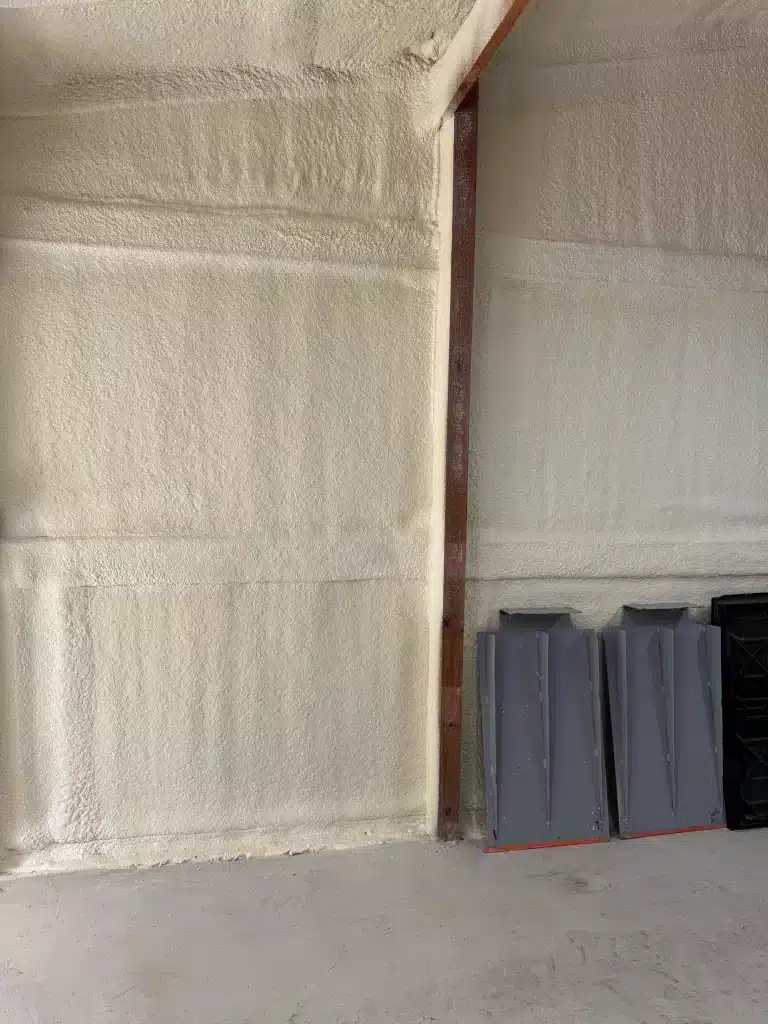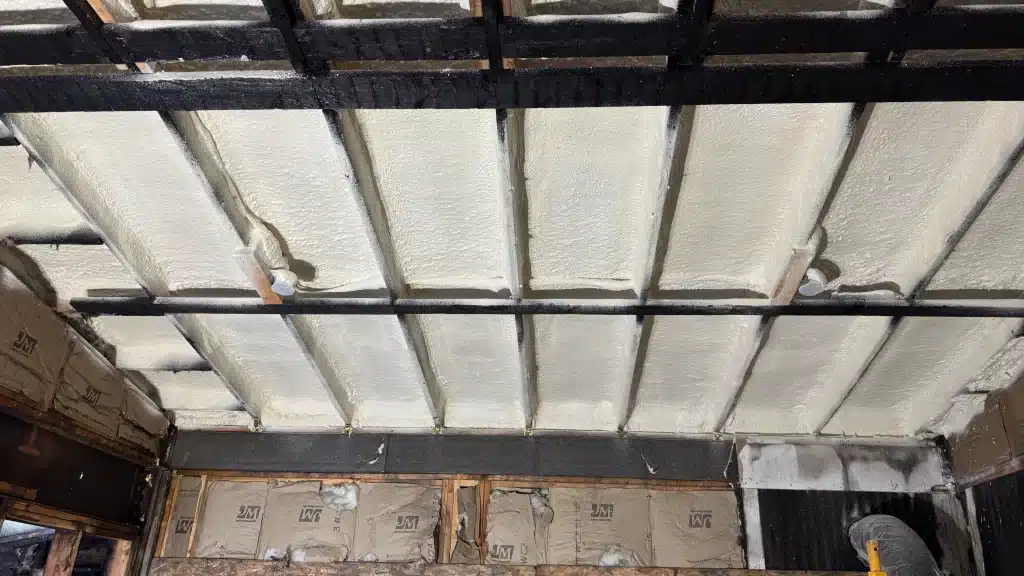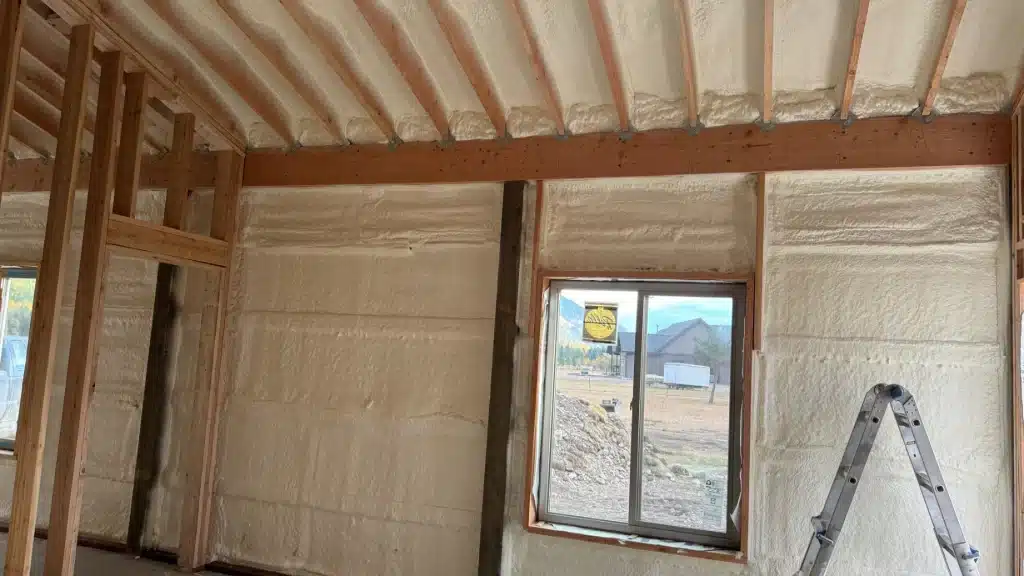Proper commercial insulation reduces operating costs by improving energy efficiency, decreasing heating and cooling loads, minimizing air leakage, and stabilizing indoor climate conditions. These effects lower utility expenses and reduce equipment wear, especially in temperature-sensitive environments like warehouses, retail spaces, or offices. Well-insulated commercial buildings require smaller HVAC systems and experience fewer maintenance issues, leading to long-term savings.
Improved insulation performance results in measurable cost reductions across energy consumption, equipment lifespan, and environmental control. In Fresno’s climate, where summers are long and hot, reducing thermal transfer is key to controlling indoor temperatures and energy expenditure. Supreme Spray Foam Fresno has direct installation experience across commercial properties, with practical insights into real-world performance outcomes.
Energy Cost Impact and Savings Potential
Modern insulation solutions significantly affect operational budgets. Comparative tests across similar building types show how insulation type and installation quality can lead to measurable cost differences.
Comparative Table: Insulation Type vs. Operating Cost Efficiency
| Insulation Type | Initial Cost | R-Value per Inch | Air Sealing Performance | Avg. Energy Savings | Best Use Case |
|---|---|---|---|---|---|
| Open Cell Spray Foam | Medium | R-3.5 to R-4 | Moderate | 20% – 30% | Offices, small retail |
| Closed Cell Spray Foam | Higher | R-6 to R-7 | Excellent | 30% – 40% | Warehouses, large buildings |
| Fiberglass Batt | Low | R-2.9 to R-3.8 | Poor | 10% – 15% | Basic partitioning, non-HVAC areas |
| Blown-in Cellulose | Medium | R-3.2 to R-3.8 | Moderate | 15% – 25% | Ceiling cavities, limited wall fill |
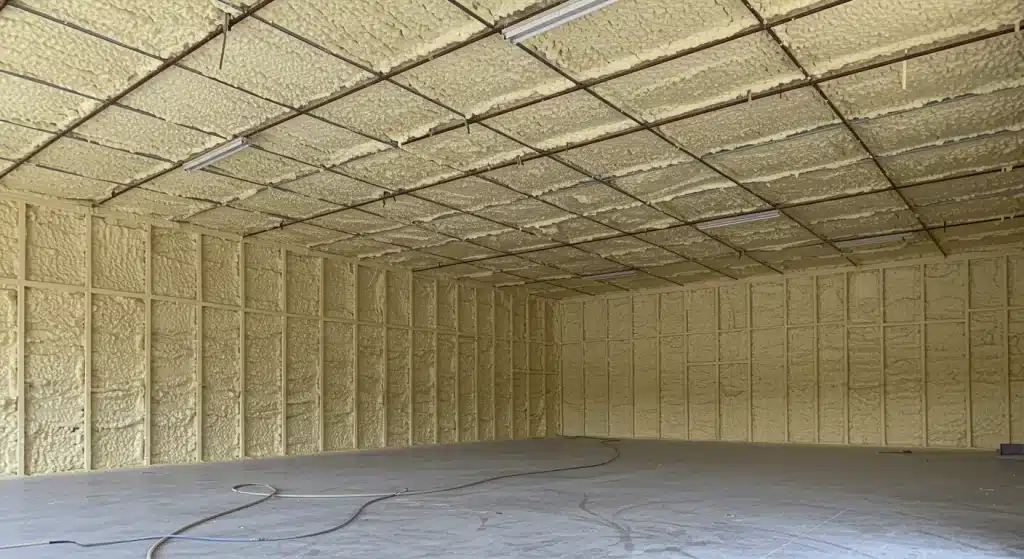
Bonus Tip: Closed cell spray foam adds structural integrity, which can reduce costs related to reinforcement in high-wind or seismic zones.
Technical Data for Evaluation
Understanding insulation characteristics is essential when assessing commercial return on investment. R-value measures thermal resistance, but air sealing and moisture control are equally relevant.
Technical Specs Table
| Feature | Open Cell Spray Foam | Closed Cell Spray Foam |
|---|---|---|
| R-Value (per inch) | 3.5 to 4.0 | 6.0 to 7.0 |
| Vapor Barrier | No | Yes |
| Air Seal Capability | Good | Excellent |
| Expansion Rate | High (100x) | Moderate (30-40x) |
| Density | 0.5 lb/ft³ | 2.0 lb/ft³ |
| Sound Dampening | Strong | Moderate |
Regional Climate Considerations in Fresno
Fresno’s climate features hot summers and mild winters. Prolonged exposure to high outdoor temperatures makes thermal resistance critical in reducing cooling demand. Commercial insulation must withstand UV exposure, dry heat, and potential seasonal temperature swings.
Open cell foam may work in office interiors where ventilation is controlled, but large warehouses and retail spaces typically benefit more from closed cell spray foam due to its higher R-value and moisture resistance. Rooflines, attics, and crawl spaces often require extra sealing attention to prevent solar heat gain.
Bonus Tip: In Fresno, applying closed cell foam directly under the roof deck reduces radiant heat transfer by over 35% compared to vented attics with fiberglass batts (Source: California Energy Commission, 2023).
Market Data on Insulation and Operational Efficiency
- According to ENERGY STAR, businesses can cut HVAC energy consumption by 20-40% with proper insulation and air sealing (Source: energystar.gov, 2023).
- Commercial buildings account for over 35% of total U.S. electricity use. Insulation upgrades are among the top three efficiency improvements with the fastest ROI (Source: U.S. Department of Energy, 2024).
- Insulated roofing systems in hot-dry zones reduce cooling loads by up to 45%, especially when combined with air-sealed wall cavities (Source: NREL Research Brief, 2023).
Things to Consider Before Making a Decision
- Building Age: Older structures may need retrofitting or removal of outdated insulation.
- Moisture Risk: Buildings prone to humidity or roof leaks require insulation that doubles as a vapor barrier.
- Usage Pattern: Operating hours, machinery output, and occupancy levels affect heat gain/loss.
- Code Compliance: California Title 24 standards require specific insulation performance by building type.
- HVAC Compatibility: Efficient insulation can downsize HVAC system needs, saving on installation and maintenance.
Relevant Services Offered by Supreme Spray Foam Fresno
- Commercial Spray Foam Insulation: Applied across large facilities for high-efficiency air sealing and thermal resistance.
- Closed Cell Spray Foam Insulation: Best suited for moisture-prone and high-load environments, offering strong R-value and vapor control.
- Spray Foam Repairs: Address insulation gaps, damage, or deterioration from previous installations.
- Crawl Space Spray Foam Insulation: Prevents ground-based air infiltration and stabilizes temperature across lower levels.
Common Questions
How quickly does insulation impact energy costs?
Most businesses notice lower HVAC bills within the first billing cycle after installation.
Can I keep my current insulation and add spray foam on top?
Only if the existing material is dry, clean, and non-degraded. Compatibility should be verified first.
What’s the ROI timeline for commercial insulation upgrades?
Between 3 to 5 years, depending on building size, insulation type, and climate zone.
Do insulation upgrades require downtime?
Minimal to none when phased correctly. Work can be scheduled outside active hours.
Get Expert Insulation Guidance
Contact Supreme Spray Foam Fresno for precise guidance on how insulation impacts your specific building type. Schedule an assessment to review building envelope needs, moisture considerations, and long-term operating cost implications.
- Phone: (559) 545-0800
- Email: [email protected]
Frequently Asked Questions
How does spray foam differ from traditional insulation for commercial use?
Spray foam combines insulation and air sealing in one step, reducing thermal bridging and increasing HVAC efficiency.
Is commercial spray foam safe around electrical or plumbing systems?
Yes. Closed cell spray foam can encapsulate systems when properly installed without impacting safety or performance.
What maintenance is needed after insulation is installed?
Periodic visual checks and thermal imaging can identify performance changes or areas needing resealing.
Can insulation help with indoor air quality?
Yes. Properly sealed insulation reduces dust, allergens, and outdoor pollutant infiltration.
What’s the best time of year to install insulation in Fresno?
Late winter to early spring, when HVAC demand is lowest, making upgrades easier to manage operationally.

